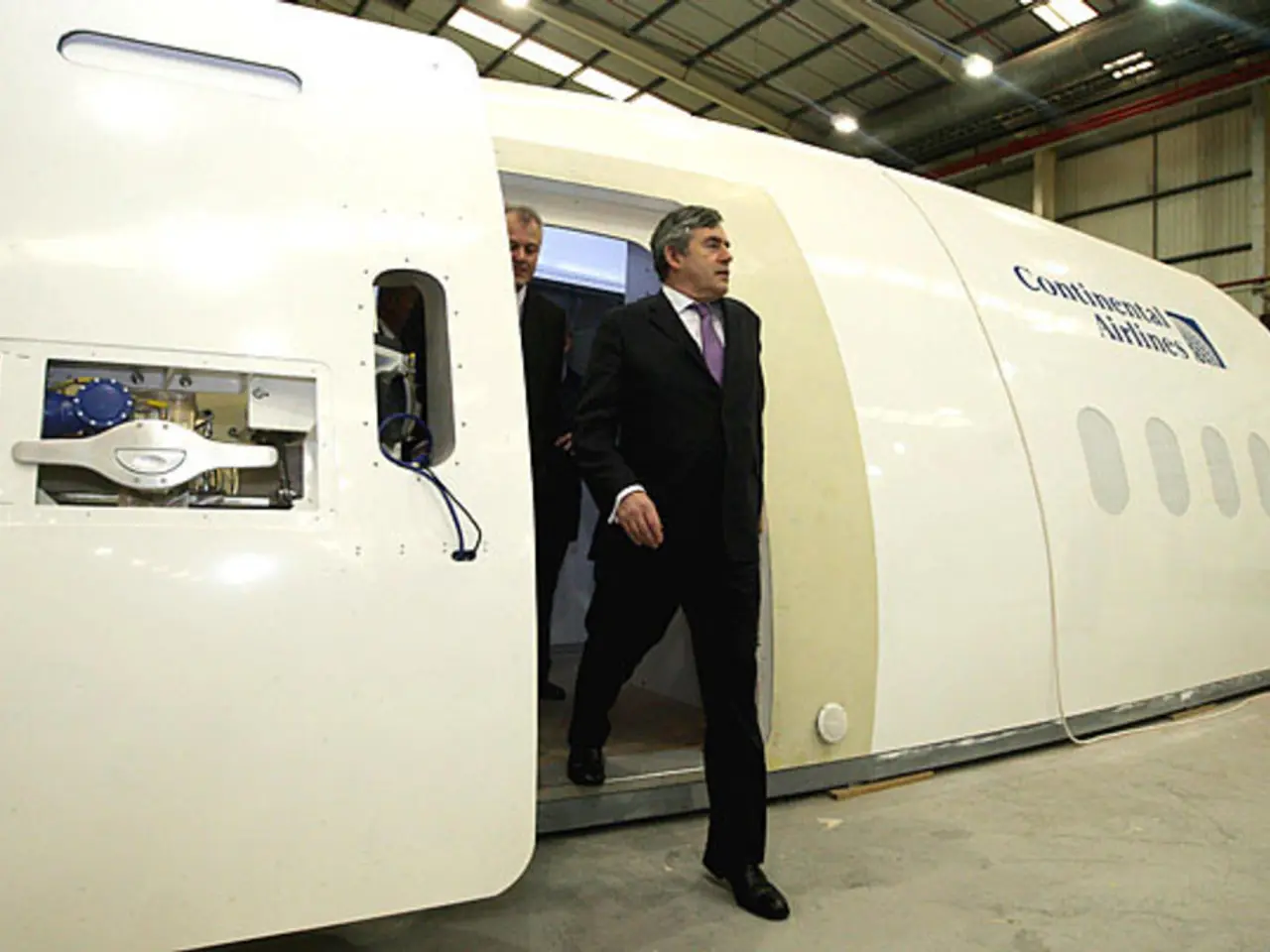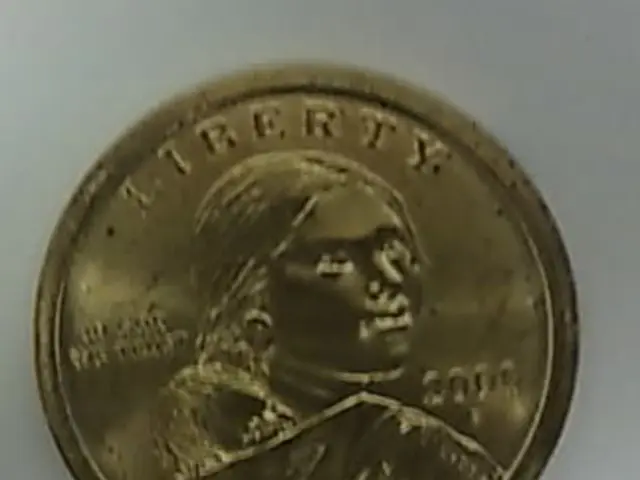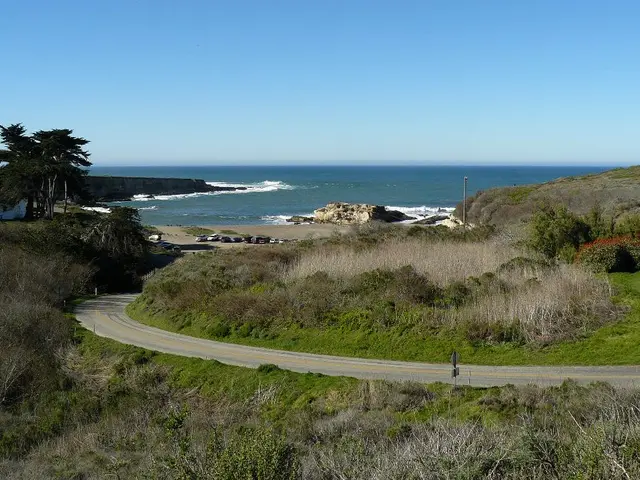Debut Space Force Mission to Witness Launch of ULA's Vulcan Rocket Carrying Classified Cargo
The United Launch Alliance (ULA) is all set to launch the Vulcan Centaur rocket on Tuesday, marking a significant milestone for the company and the U.S. Space Force. This launch will be the first operational mission for the Vulcan Centaur rocket under the National Security Space Launch (NSSL) program.
The Vulcan Centaur rocket, a mostly expendable heavy-lift launch vehicle, was first conceived in 2006. This launch is an important step for ULA as the company has a lot to prove, especially after earning its certification for national security launches following two test flights last year.
However, the journey to this launch has not been without its challenges. The Vulcan Centaur rocket has faced delays due to technical issues, primarily involving the development and certification of new systems such as the BE-4 main engine and solid rocket boosters, as well as structural tests on the Centaur upper stage. These issues pushed the initial launch planned for early 2021 to 2024 and eventually into 2025 for the first national security mission (USSF-106).
Key reasons for the delays include technical problems with the BE-4 main engine, designed by Blue Origin, which delayed the maiden flight multiple times. Another significant setback was a Centaur V upper stage failure during a test in March 2023, which led to redesigning the upper stage and building a new one before flight. Furthermore, an anomaly with a Northrop Grumman solid rocket booster nozzle during the second certification mission in October 2024 caused months-long delays related to certification and safety risk analysis.
Despite these challenges, the Space Force officially certified the Vulcan for NSSL missions in March 2025 after a five-month review of the two certification flights. The USSF-106 mission on August 12, 2025, represented the first NSSL operational mission on Vulcan Centaur, carrying experimental satellites including a potential GPS replacement satellite.
This mission's success is crucial for the Space Force because it diversifies launch providers beyond SpaceX and advances the U.S. capability for secure space access for national security payloads. The Space Force gave ULA the green light to launch its payloads after extensive sub-scale analysis and modeling.
ULA is working on clearing some of its backlog for national security payloads set to launch on Vulcan. The launch window opens at 7:59 p.m. ET from Cape Canaveral Space Force Station. The Vulcan Centaur rocket will carry an experimental navigation satellite called NTS-3 and a second mystery payload that has not been disclosed.
The launch will be broadcast live on the company's YouTube page. This mission marks an important step in ULA's return to the classified launch business and is a significant milestone for the U.S. Space Force's national security program.
Read also:
- Rapid Growth in Bio-based Polypropylene Sector Anticipated at a Compound Annual Growth Rate of 26.5% by 2034
- Urban Africa Expands AI-Driven Battery-Swapping Operations with $8.1M Finance from Kofa
- Jellyfish incapacitate France's largest nuclear facility, causing disruption.
- SpaceX Increases Reward for Discovering Starlink Security Vulnerabilities to a Maximum of $100,000 for Hackers








